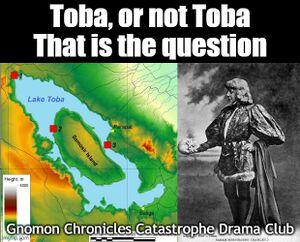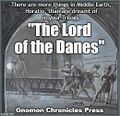Toba, or not Toba: Difference between revisions
Jump to navigation
Jump to search
No edit summary |
No edit summary |
||
| Line 23: | Line 23: | ||
* [https://en.wikipedia.org/wiki/Toba_catastrophe_theory Toba catastrophe theory] @ Wikipedia | * [https://en.wikipedia.org/wiki/Toba_catastrophe_theory Toba catastrophe theory] @ Wikipedia | ||
* [https://en.wikipedia.org/wiki/To_be,_or_not_to_be To be, or not to be] @ Wikipedia | * [https://en.wikipedia.org/wiki/To_be,_or_not_to_be To be, or not to be] @ Wikipedia | ||
[[Category:Fiction (nonfiction)]] | [[Category:Fiction (nonfiction)]] | ||
| Line 29: | Line 30: | ||
[[Category:Hamlet (nonfiction)]] | [[Category:Hamlet (nonfiction)]] | ||
[[Category:Shakespeare (nonfiction)]] | [[Category:Shakespeare (nonfiction)]] | ||
[[Category:Toba catastrophe theory (nonfiction)]] | |||
[[Category:Volanoes (nonfiction)]] | [[Category:Volanoes (nonfiction)]] | ||
[[Category:Crimes against geological constants]] | [[Category:Crimes against geological constants]] | ||
Revision as of 07:03, 13 December 2021
"Toba, or not Toba" is the opening phrase of a soliloquy given by Prince Hamlet in the so-called "geology scene" of William Shakespeare's play Hamlet, Act 3, Scene 1.
In the speech, Hamlet contemplates death and catastrophe, bemoaning the pain and unfairness of the Toba supervolcano but acknowledging that the catastrophe theory might be overstated.
In the News
The Lord of the Danes is an epic Shakespearean play about a prince of Gondor (Hamlet) whose attempts to exorcise the ghost of his father lead to madness, betrayal, and murder.
Fiction cross-reference
Nonfiction cross-reference
External links
- Toba catastrophe theory @ Wikipedia
- To be, or not to be @ Wikipedia

